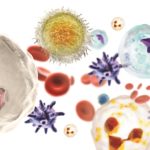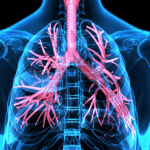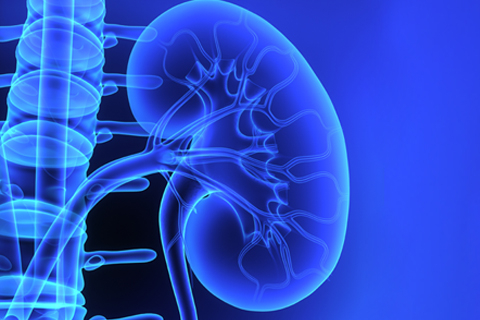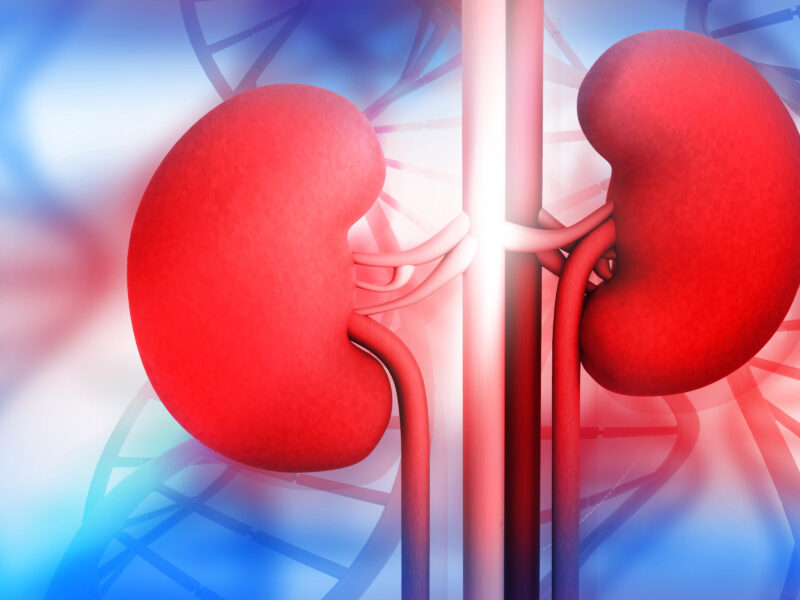Disrupting Mitochondrial Pyruvate Uptake in Kidney Tubular Cells Bolsters Antioxidant Responses and Protects From Acute Kidney Injury
Disrupting Mitochondrial Pyruvate Uptake in Kidney Tubular Cells Bolsters Antioxidant Responses and Protects From Acute Kidney Injury https://pediatricsnationwide.org/wp-content/uploads/2020/12/AdobeStock_76537088_cropped-1024x732.jpg 1024 732 Jessica Nye, PhD Jessica Nye, PhD https://pediatricsnationwide.org/wp-content/uploads/2021/09/JNye_glasses.png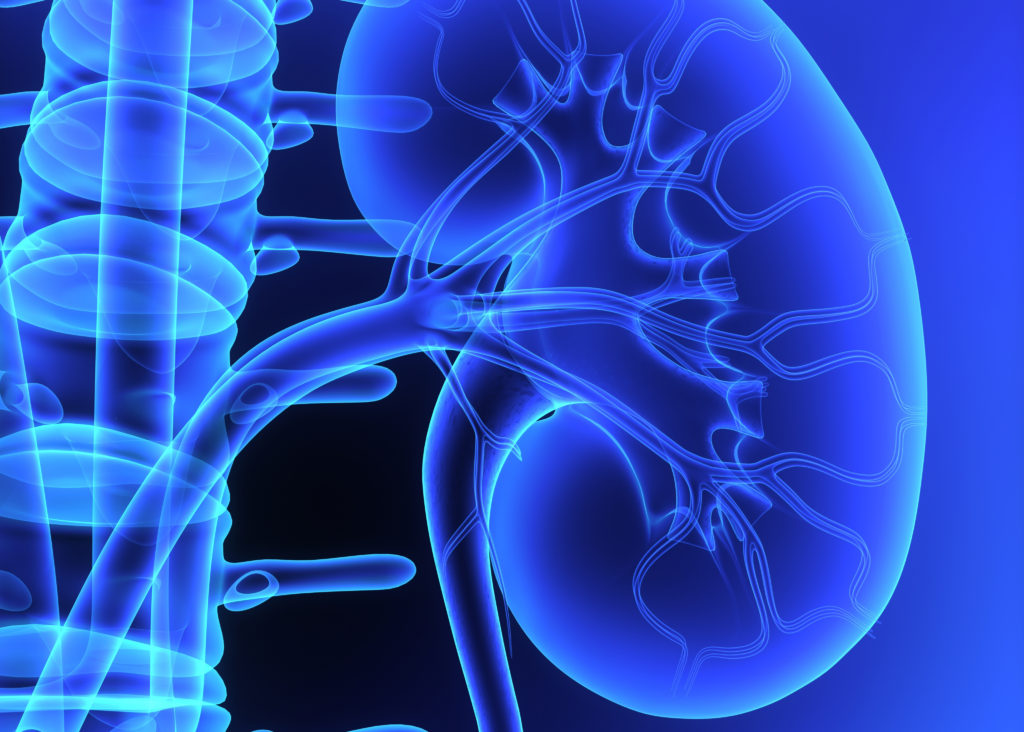
Blocking mitochondrial pyruvate uptake in the kidney was found to upregulate oxidant defense systems, ultimately mitigating the effects of an acute kidney injury (AKI).
“The kidney has these reabsorption units, tubular cells, that reabsorb glucose, amino acids and specific ions. These units spend a lot of mitochondrial energy, so they need a lot of ATP for these pump-dependent functions. After an acute kidney injury, data suggests that the mitochondrial function of those tubular cells is not intact, and the injury changes their metabolism from an oxidative to a glycolytic metabolism. Instead of using the mitochondria to generate ATP, it starts using glucose and anaerobic glycolysis. But this process is not very well understood,” says Diana Zepeda-Orozco, MD, co-director of the Acute Kidney Injury program at Nationwide Children’s Hospital and assistant professor of pediatrics at The Ohio State University College of Medicine.
In a proof-of-concept study published in Molecular Metabolism, Dr. Zepeda-Orozco and colleagues sought to investigate the injury-induced metabolic changes in the kidney. They generated a kidney mouse model with a tubular epithelial cell-specific mitochondrial pyruvate carrier 1 (Mpc1) knockout (MPC TubKO) to conduct in vivo glucose tracing and enzyme activity tests under normal and induced AKI scenarios.
The MPC TubKO mice had normal body weight and renal function through 8 weeks of age but had Mpc1 mRNA levels more than 90% reduced in kidney tissue relative to wild type mice (P <.01).
Although renal function was maintained in the experimental mice, blocking tubular mitochondrial pyruvate transport in tubular cells caused glucose to be diverted to the pentose pathway, resulting in low-level oxidative stress in the kidneys. As an effect of the glucose diversion, and likely in response to the low oxidative stress, MPC TubKO mice had significant increases in nicotinamide adenine dinucleotide phosphate (NADPH) production by the pentose phosphate pathway (P £.05), which is an important component of antioxidant response.
After an induced AKI using a rhabdomyolysis model, the experimental mice had an upregulation of oxidative defense systems relative to wild type mice (P <.05).
“When we caused an acute kidney injury to these mice, we were sure that the mice were going to have a defective injury response, that they were going to have injury more easily because of their altered metabolism and their low levels of oxidative stress. It was very surprising that it was the opposite. It seemed that these mice were protected from a very severe injury,” says Dr. Zepeda-Orozco.
In addition to more efficiently reacting to the oxidative stress caused by injury, the MPC TubKO mice had increased overall survival 48 hours after injury compared with controls (100% vs 63.6%; P =.05), respectively.
Dr. Zepeda-Orozco says, “The findings in this study made me recognize that not all oxidative stress is bad. If we’re able to find and leverage this mechanism of adaptation at a time of injury, hopefully, we’ll be able to let the tubular cells survive better. This study was a proof of concept, but a very important first step to learn how to leverage glucose metabolism in tubular cells to protect from kidney injury.”
Reference
Rauckhorst AJ, Martinze GV, Andrade GM, Wen H, Kim JY, Simoni A, Robles-Planells C, Mapuskar KA, Rastogi P, Steinbach EJ, McCormick ML, Allen BG, Pabla NS, Jackson AR, Coleman MC, Spitz DR, Taylor EB, Zepeda-Orozco D. Tubular mitochondrial pyruvate carrier disruption elicits redox adaptations that protect from acute kidney injury. Mol Metab. 2024;79:101849.
About the author
Jessica Nye, PhD, is a freelance science and medical writer based in Barcelona, Spain. She completed her BS in biology and chemistry and MS in evolutionary biology at Florida State University. Dr. Nye studied population genetics for her doctorate in biomedicine at University of Pompeu Fabra. She conducted her postdoctoral research on the inheritance of complex traits at the Autonomous University of Barcelona.
- Jessica Nye, PhDhttps://pediatricsnationwide.org/author/jessica-nye-phd/
- Jessica Nye, PhDhttps://pediatricsnationwide.org/author/jessica-nye-phd/
- Jessica Nye, PhDhttps://pediatricsnationwide.org/author/jessica-nye-phd/
- Jessica Nye, PhDhttps://pediatricsnationwide.org/author/jessica-nye-phd/





